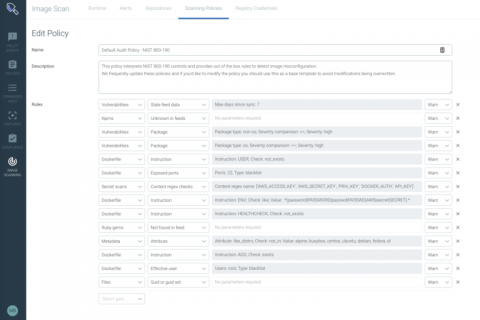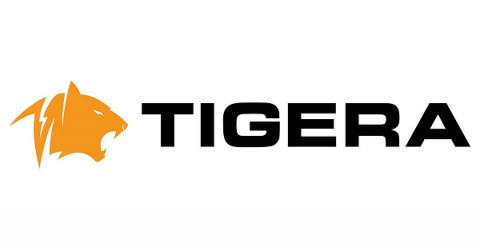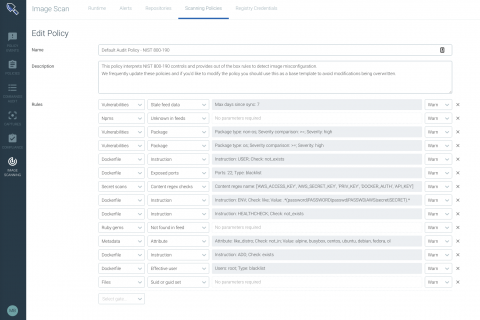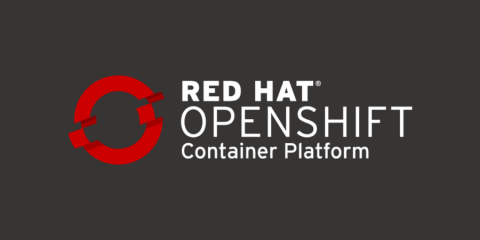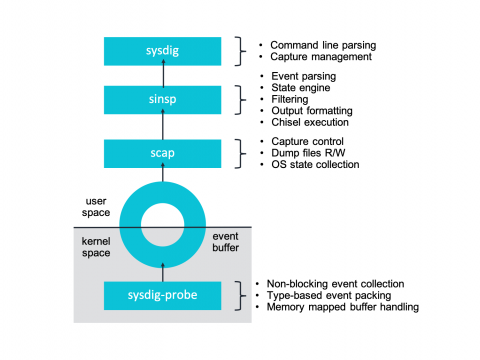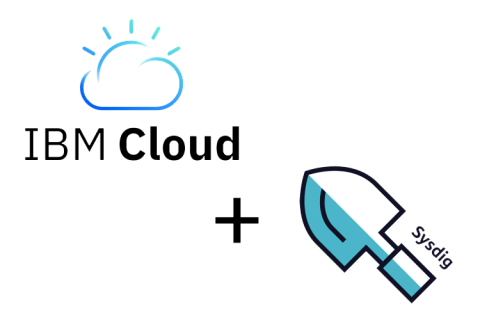Better together with Sysdig and Anchore: Comprehensive container security across the software development lifecycle
In the new cloud-native world, ephemeral services like containers make security a challenging task. As enterprises start adopting containers in production, they suffer from a great deal of variance in the software, configuration, and other static artifacts that exist across their organization’s container image set.


